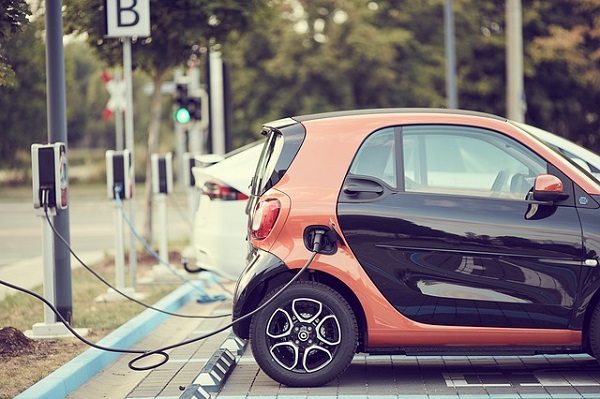 Credit: Pixabay
Credit: Pixabay
Luxembourg's Ministry of the Environment, Climate and Sustainable Development, the Ministry of Energy and Spatial Planning and the Ministry of Mobility and Public Works have announced the extension of the financial aid scheme for the installation of private electric vehicle (EV) charging stations.
As reported by the authorities, the "Klimabonus Mobilitéit" scheme is the key element in government efforts to decarbonise private mobility. To achieve this, the scheme promotes pure electric and hydrogen fuel cell motor vehicles and pedal-assist bicycles, as well as the installation of private EV charging stations.
Since the introduction of the scheme in 2020, financial aid for private EV charging stations has been allocated in more than 3,500 cases.
On Friday 4 August 2023, the Grand-Ducal Regulation of 29 July 2023 amending that of 19 August 2020 introducing financial assistance for the installation of private EV charging stations was published in the Official Journal of Luxembourg. According to the authorities, this modification of the regulatory framework aims to: extend the aid scheme until 31 December 2024; facilitate the installation of charging stations in co-owned properties; reach a wider group of aid recipients; introduce the possibility of allocating aid through a leasing company.
On the first point, the financial aid scheme has been extended by eighteen months until 31 December 2024; this is in line with the deadline for the first entry into service of 100% electric vehicles benefiting from financial aid.
Regarding co-owned properties, the new regulation introduces financial aid of up to €450 for the pre-equipment of a site for the subsequent installation of a charging station and participation in the costs of installing a collective intelligent load management system in the building. Owners or tenants of spaces in a residence are thus encouraged to participate in the common costs of installing charging stations, even if they only prefer to install the station in a second phase. The scheme also allows syndicates of co-owners to benefit from financial assistance in the event that the charging stations are installed as a shared installation.
Moreover, eligibility for the financial aid scheme has been extended to include legal entities under private law with no economic activity (non-profit organisations, foundations and civil societies); until now, only natural persons who own or rent the parking space on which the charging station is installed were eligible.
Concerning the new possibility of allocating aid through a leasing company, the aid is paid to the leasing company, which pays it back, via a reduction in the monthly premiums relating to the acquisition of the charging station to the end user. This reduction must be communicated transparently to the customer. Note that the beneficiary of the aid must always remain the end user, who meets the eligibility conditions for the aid and who must become the owner of the charging station at the end of the contract.
The authorities noted that several clarifications and technical adaptations aimed primarily at professional circles have been made to the financial aid scheme. In addition, they specified that charging terminals must have a minimum power of 3.7 kW and that mobile terminals are eligible insofar as they can be attached to a fixed device.
Given the extension of the aid scheme to other categories of beneficiaries, the number of eligible spaces per applicant and per accommodation or business premises has been adapted.
The amount of financial aid remains unchanged, amounting to 50% of the cost (excluding VAT) of the acquisition and installation of the charging station. The maximum amounts of aid vary according to the number of spaces attached to the building and the intelligence of the charging installation. Further information is available on the Klima-Agence website: https://aides.klima-agence.lu/.








